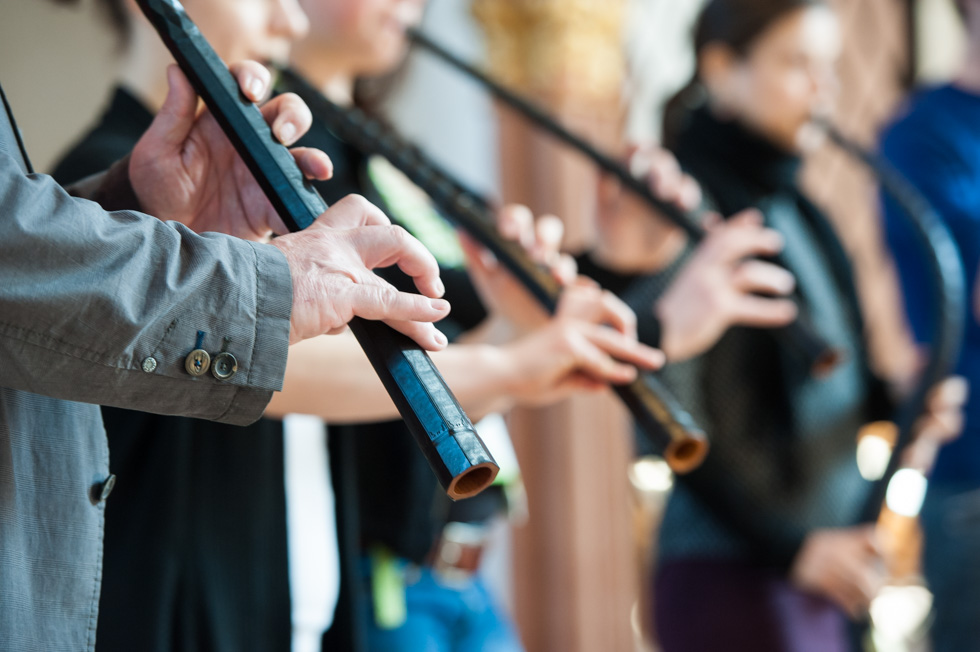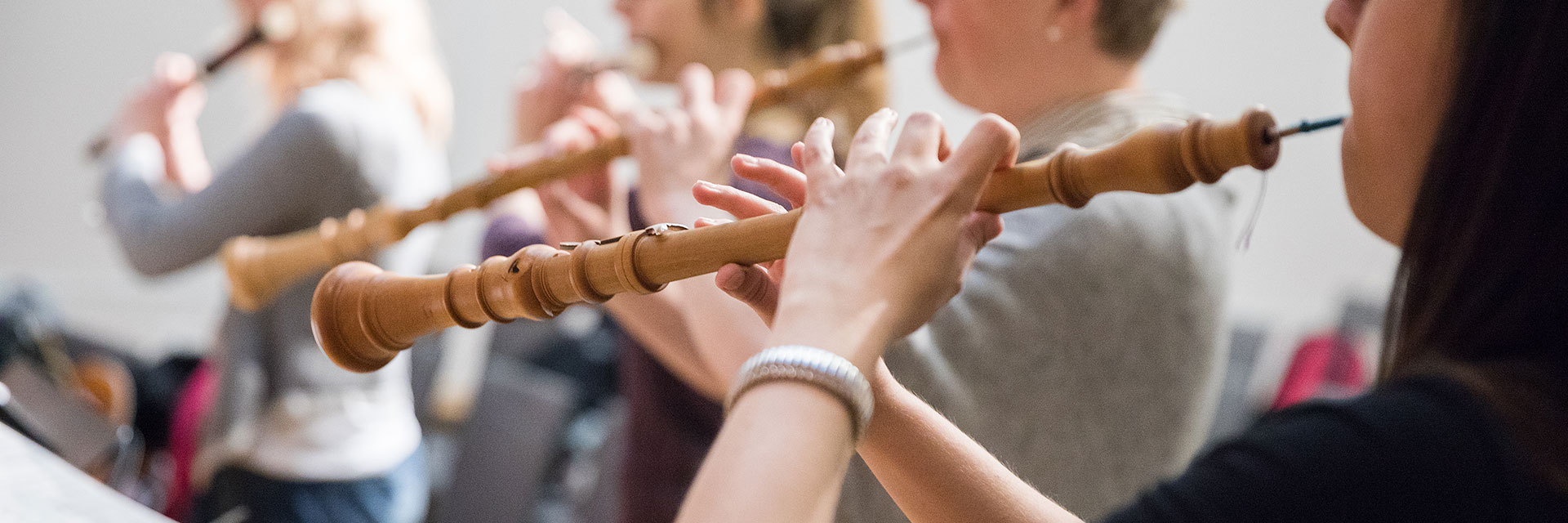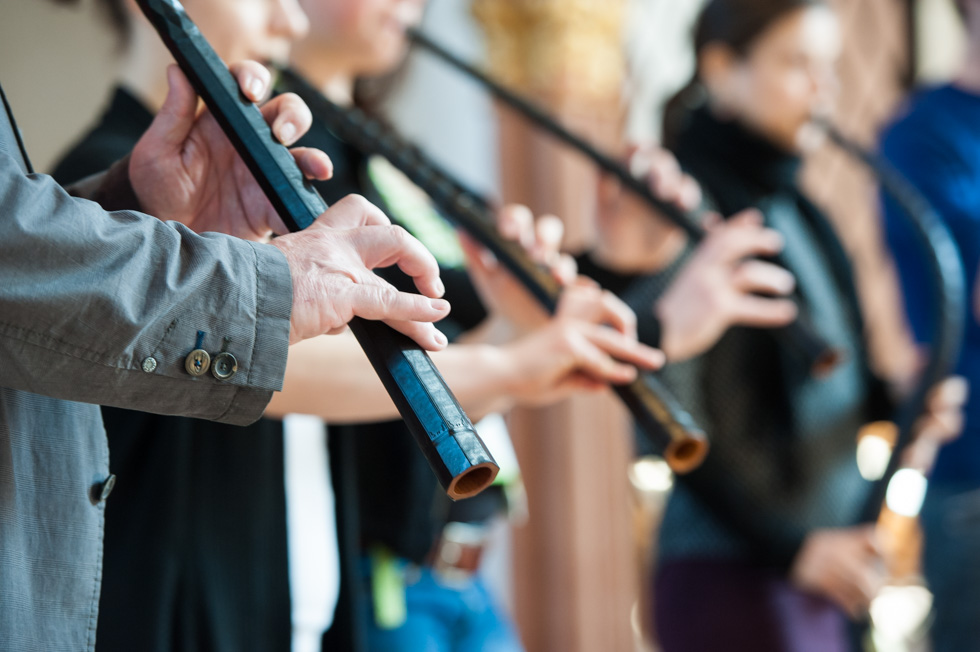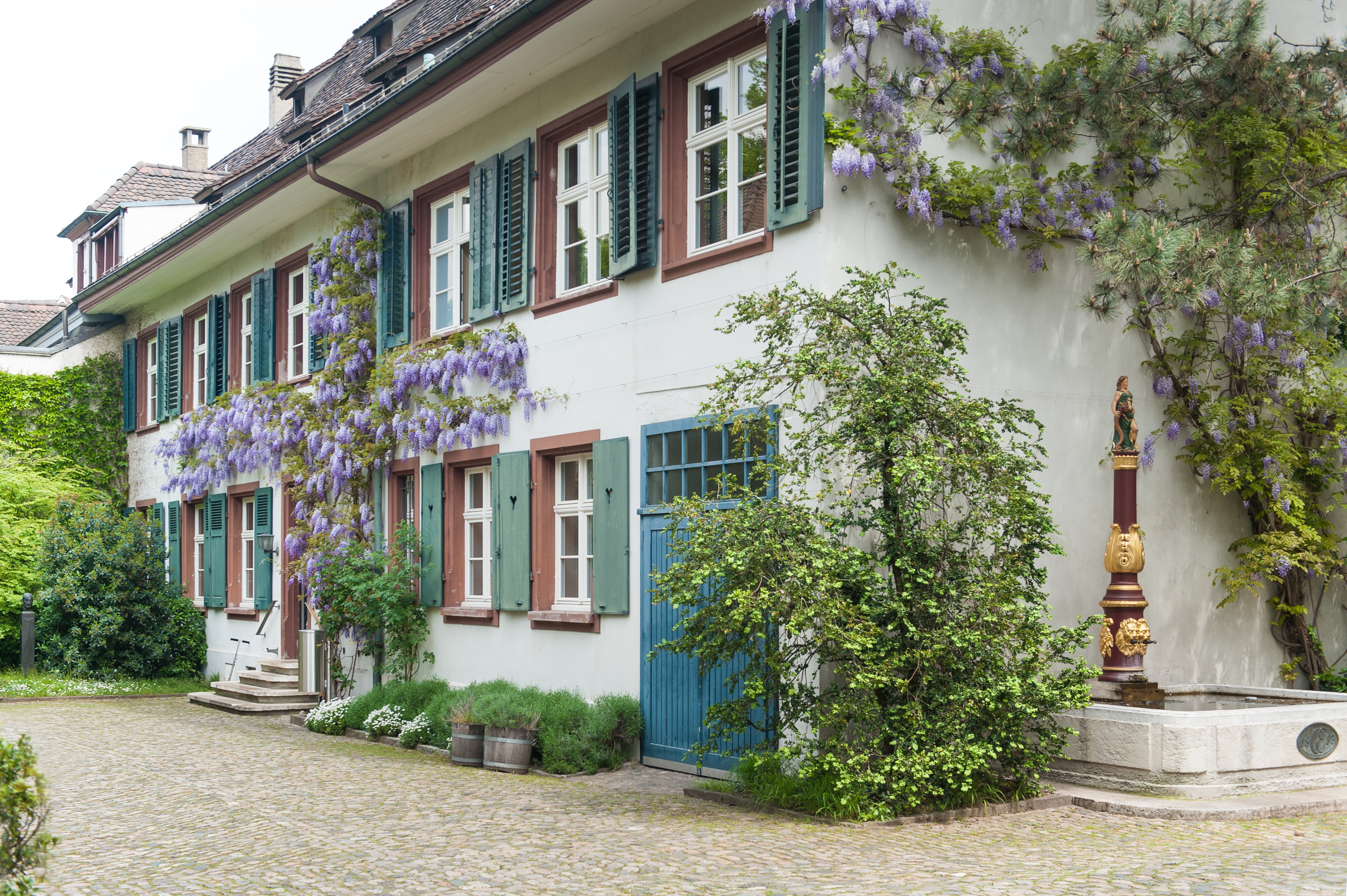The entrance exams consist of an on-site audition. There will be a first round "by video" (details below) for the majors violin, recorder (renaissance-romantic) and voice (renaissance-romantic). Exams for all other majors will take place directly on-site. Persons unable to take an on-site assessment for visa, financial or environmental (long distance travel) reasons may submit a request for an online entrance assessment (video presentation and live interview). This request must be sent to scb.hsm@fhnw.ch at the same time as the application (by 31 January), stating the reasons, and must then be approved by the management.
First round/Video recordings (only for violin, recorder (renaissance-romantic) and voice (renaissance-romantic))
Video recordings must be handed in as part of the application.
Technical requirements:- Camera Position: Please record the video from a fixed point of view, ideally using a tripod. The hands and the face of the candidate / musician plus the instrument must be visible.
- Audio: We recommend using a separate stereo microphone and placing it properly (If necessary, you may also use the microphone of a camera, computer, or smartphone).
Transmission:Only applicants considered for the second round will be invited to an on-site audition.
On-site audition (second round)Audition plus interview: Please prepare a programme of 15 to max. 20 minutes with pieces from at least three different stylistic fields. (Also) use the repertoire samples as a guide. The programme (may be identical to the one of the video) must be submitted together with the list of works for the entrance exam on-site. The candidate may choose the first piece. Then, the jury will decide which works to play and is allowed to interrupt the audition at any time. Afterwards, there will be a short conversation about the study objectives and contents as well as the applicant´s prior education, experience and career goals, the preferred professor, etc.
The general section of the entrance exam (theory) and proof of proficiency on a keyboard instrument take place on the same day, usually before or after the on-site audition for the main subject (duration: 20 min.).
- sing and identify intervals played on the harpsichord (closed and open position)
- active singing of intervals above or below a given pitch
- sing and identify seventh chords (7, 5/6, 3/4/6, 2/4/6)
- Dictation: sing and notate a two-voice setting (soprano and bass)
- identify the chords (preferably figured bass; modern harmony also acceptable)
- Improvisation: sing a continuation of the dictated melody
- Sight-sing a melody of medium difficulty from the 17th or 18th century, notated in treble or bass clef
- Performance of a prepared, short piece of your choice on the harpsichord (not required for those with major keyboard or plucked instruments)
- Tonality and mode issues
Further information can be found here.
Minor
For a Minor second instrument, the requirements are generally the same as for the main subject (for violin, recorder (renaissance-romantic) and voice (renaissance-romantic), see above) but with the following changes:
- Please prepare two pieces of music from the requested repertoire for main subject
- Duration: 10 minutes
The Minor exam takes place together with the examinations for the main subjects. Please keep the corresponding date (see list of entrance exams per main subject) free in any case. The entrance examinations for the Minor in improvisation will take place at the same date as the exam for improvisation as a main subject.
Date
The on-site auditions will take place between mid-March and mid-April. The exact dates may be seen here after the beginning of January.
Registration
You may apply from 15 December until 31 January.
The following documents must be handed in with your application: Curriculum Vitae including motivational letter, school leaving qualification (Matura, Abitur, Baccalauréat, High School-Diploma) and Bachelor Diploma. If the applicant already holds a Master Diploma, please include.
Announcement of the results
The results of the first round will be communicated by email by the end of February.
The results of the second round will be communicated by email in the beginning of May.



